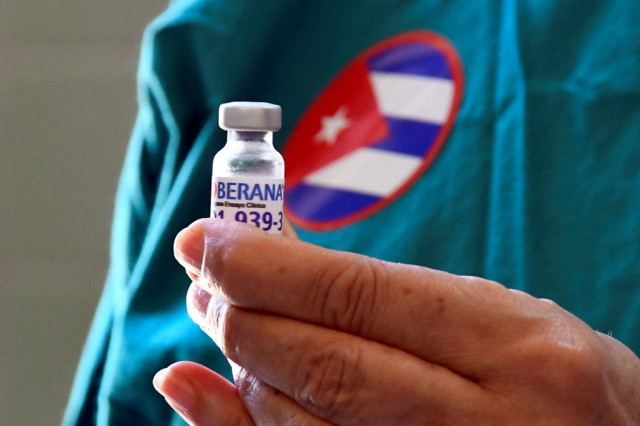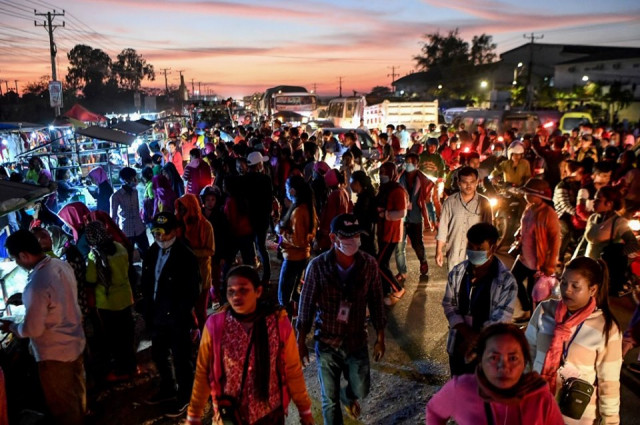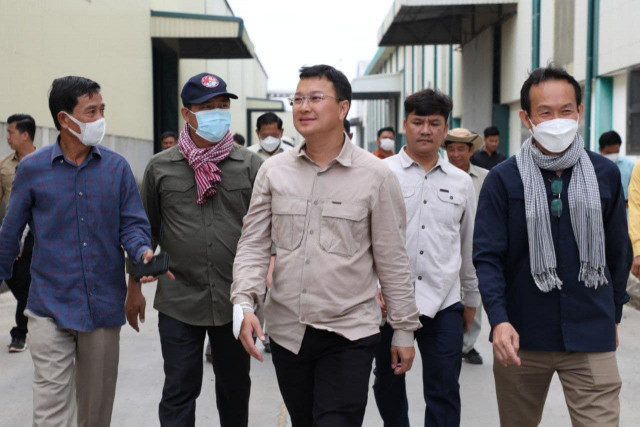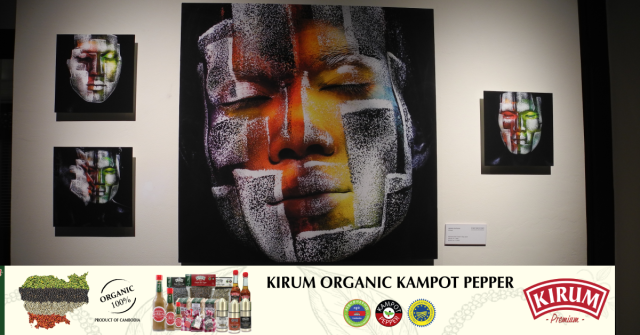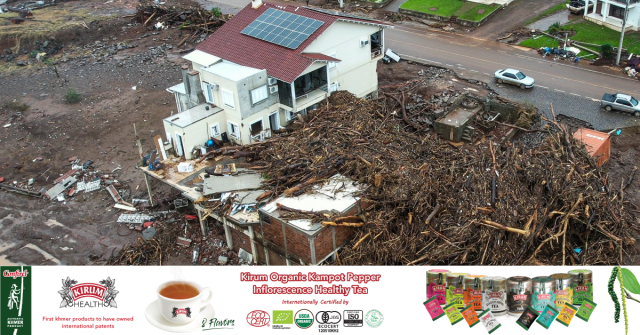Hun Sen Says that Cambodia Plans to Meet its Financial Obligations in spite of COVID-19
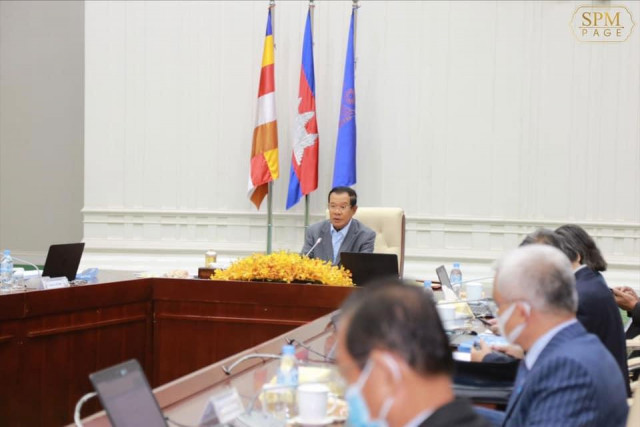
- Phoung Vantha
- October 9, 2020 1:12 PM
The country’s economic growth could directly benefit from a package for the poor and unemployed, according to the UNDP
PHNOM PENH--Prime Minister Hun Sen on Oct. 9 said that, despite the ongoing COVID-19 pandemic, his government has not asked foreign creditors to defer interest payments, postpone loan repayments or international financial obligations.
Speaking during the Council of Ministers meeting, he said that the country’s financial situation remains good during the pandemic compared to some other countries, government spokesman Phay Siphan reported after the meeting.
Cambodia remains in a position to carry out its programs such as the road infrastructure Sihanoukville -Siem Reap City, and provide cash relief for poor and vulnerable families during the pandemic, Siphan said. Moreover, civil servants continue to receive their full salaries twice a month, he added.
On Oct. 8, the United Nations Development Programme (UNDP) in Cambodia said in its economic and social assessment of COVID-19 on the country that this year's economic growth, which last December had been projected to reach 6.5 percent, may drop to –4.1 percent due to the pandemic.
"Under this scenario, the poverty rate could nearly double to 17.6 percent and unemployment could rise to 4.8 percent,” the UNDP said in a press release, adding that this assessment had been done in consultation with the Ministry of Economy and Finance and other partners.
“A social protection stimulus of 3.5 percent of the GDP [gross domestic product] would limit GDP contraction to –3.3 percent and lessen the impact on unemployment and poverty to 4.4 percent and 14.2 percent, respectively,” the UNDP said. “This social protection stimulus would prevent 570,000 people from sliding back into poverty."
"The model has made clear that social protection is better seen as an investment than a cost, acting to both stimulate growth and alleviate poverty,” UNDP Resident Representative Nick Beresford said.
“The modelling of economic and social impacts can help us better understand the impact of this global pandemic on Cambodia and how we can best design stimulus packages in response,” he added.








